China's ambassador to the United Nations on Thursday emphasized that the country will persist as a strong advocate for South-South cooperation and support its trade and investment for sustainable development.
"As the largest developing country, China has always been a steadfast advocate, supporter and practitioner of South-South cooperation," said Fu Cong, China's permanent representative to the UN. "In the future, it will continue to support South-South trade, investment and capacity-building and strengthen triangular cooperation with UN agencies and other stakeholders."
An example of such support is the Chinese International Import Expo (CIIE) and Hongqiao International Economic Forum. The CIIE is the country's largest annual trade fair, drawing hundreds of leading global companies each year to display their latest products and innovations to prospective buyers. The United States sent its biggest-ever delegation to CIIE in 2023.
China is the only country in the world that specifically hosts the International Import Expo, said Fu.
"The CIIE is a window for high-level opening to the outside world and also a platform for sharing development opportunities," he told a meeting about promoting South-South trade and investment for sustainable development at UN headquarters in New York on Thursday.
The UN defines South-South cooperation as technical cooperation among developing countries in the Global South.
The meeting shared examples of the CIIE and Hongqiao forum on promoting trade and investment for sustainable development between developing countries.
It is through the CIIE that many goods from the least developed countries can enter thousands of Chinese households with zero tariffs and then reach the global market, according to Fu.
"This drives corresponding investment and industrial development, increases employment, improves people's livelihoods and helps to achieve the goals of the 2030 Agenda for Sustainable Development," said Fu.
The Hongqiao forum "seeks solutions from an international and professional perspective around hot and difficult issues affecting sustainable development, such as technological innovation, food security, digital and energy transformation", said Fu, adding that the core content and goals of the discussions and cooperation projects are highly valued in line with the development agenda of the UN.
Dima Al-Khatib, director of the UN Office for South-South Cooperation, reiterated Fu's statement that the CIIE promotes international trade, especially among developing countries.
South-South trade has emerged as a powerful tool for bolstering the economic resilience, diversification and competitiveness of the often fragile developing economy, said Al-Khatib, adding that the increase in world trade during the last decade was largely driven by the rise of trade between developing countries.
"It is important to underpin that trade facilitation, promotion of investment as well as information and knowledge sharing through South-South and triangular cooperation plays a unique role," said Al-Khatib.
To demonstrate its commitment to multilateralism, China has implemented significant initiatives aligned to the UN Development Agenda, such as the Global Development Initiative, or GDI, she said.
The CIIE is another example of international trade promotion and facilitation, she said. The CIIE provides a platform for small- and medium-sized enterprises from developing countries to showcase their products, thus stimulating local economic development, Al-Khatib said.
Small- and medium-sized enterprises are the "backbone of economic roles" in most of the developing countries, Al-Khatib said, emphasizing that the CIIE, along with the Hongqiao forum, serve as a public stage aimed at promoting an open world economy, bolstering the multilateral trading system and enhancing South-South and triangular cooperation.
The CIIE and the Hongqiao forum have also received a significant response from international enterprises.
PepsiCo, an American multinational food and beverage company that owns brands such as Lay's, Doritos and Cheetos, entered the Chinese market in 1981 and has been an active participant in the CIIE since 2018.
"CIIE brings together high-quality products and services from various countries. Facilitating the creation of an all-round, multilevel and wide-field, international cooperation network," said Caroline Berson, vice-president of Global Public Policy and Government Affairs at PepsiCo, said at a promotional event Wednesday in New York, attended by more than 100 American companies and agencies.
"CIIE not only facilitates international trade, exchanges and cooperation, but also contributes to the recovery and growth of the global economy," she said
"Since its launch in 2018, CIIE has consistently been an important avenue of
international collaboration, and we are proud to be part of it," said Jane Lauder, executive vice-president, enterprise marketing and chief data officer at Estee Lauder, an American cosmetics company.
"Based on our learnings over the past three decades, we believe that we can all benefit from Chinese innovation and expertise. I want to develop products not just in China, for China, but also in China for the world," Lauder said.
"We are continually impressed by the sophistication, openness and enthusiasm of Chinese consumers, and CIIE is an important way for us to demonstrate our strong, long-term commitment to serving this consumer base," she said.
Neeraj Sahai, president of Dun & Bradstreet International, an American company that provides commercial analysis for businesses, said CIIE is now a key platform for introducing new products and solutions.
"We witnessed, participated in and contributed to China's remarkable journey of reform and opening-up. In turn, we have reaped the benefits from China's thriving economy development," Sahai said.








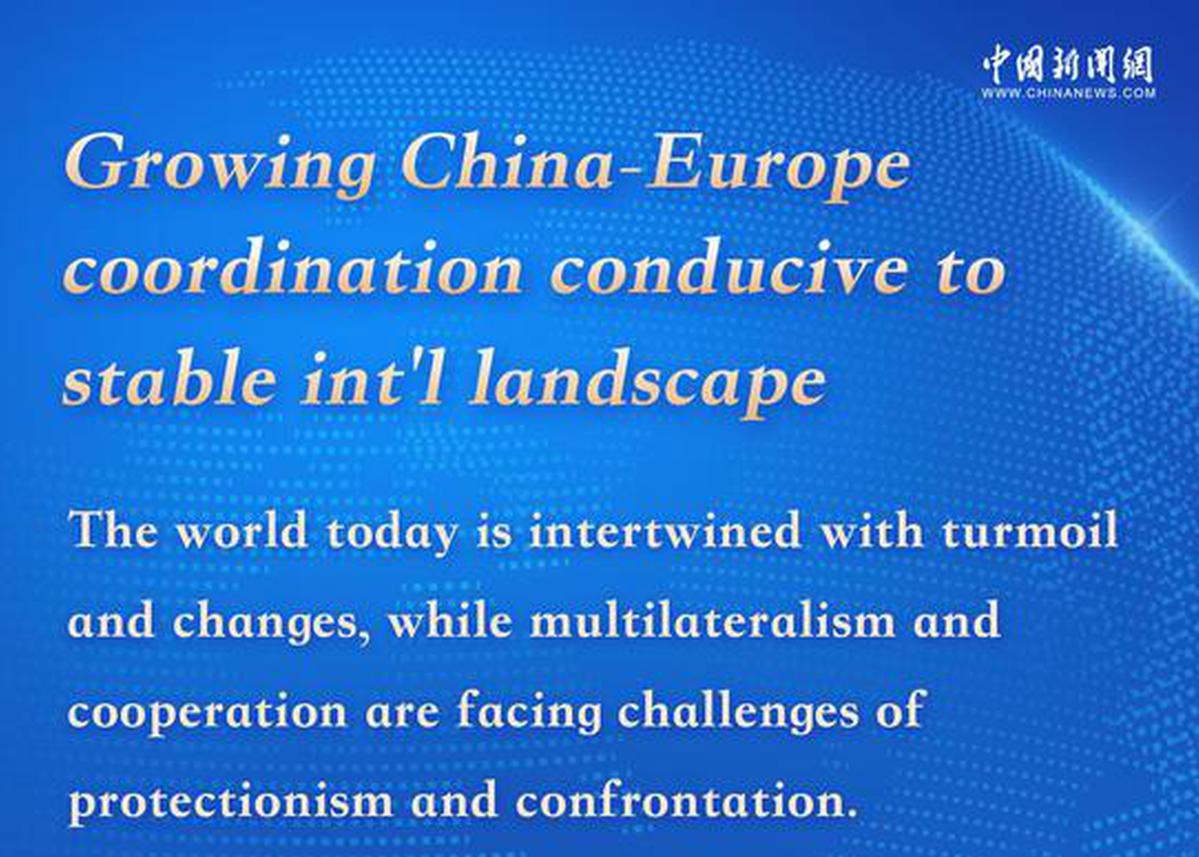
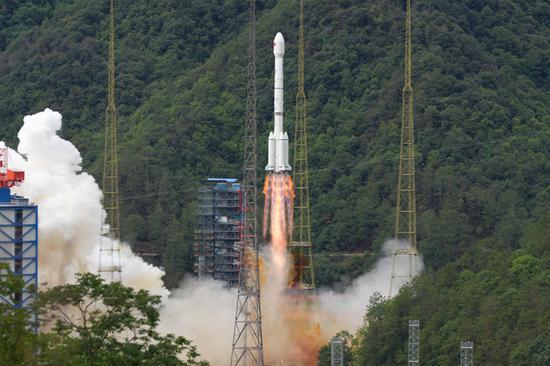
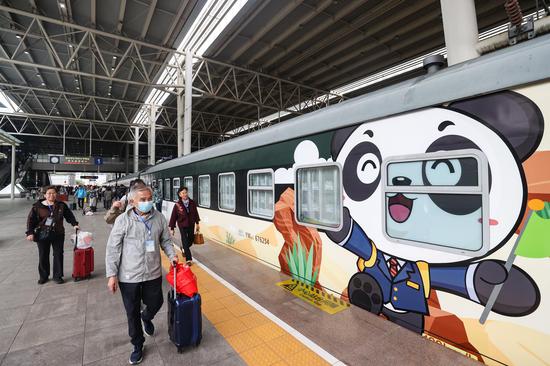
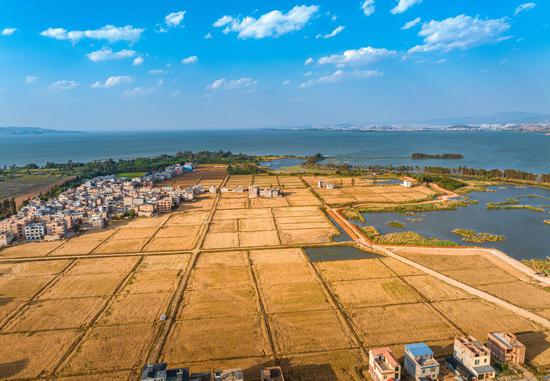
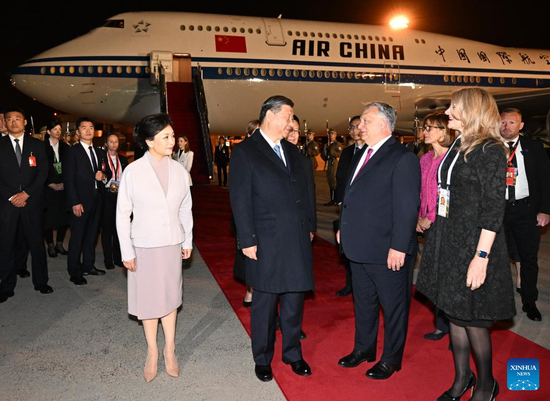
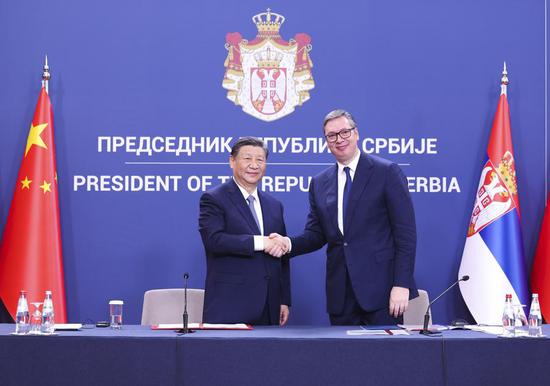
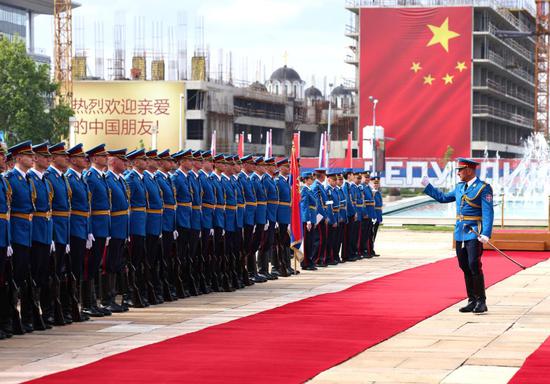
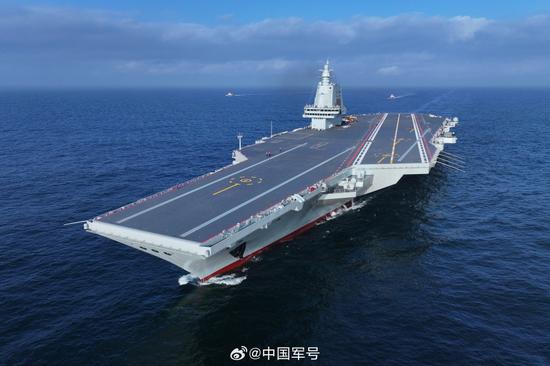
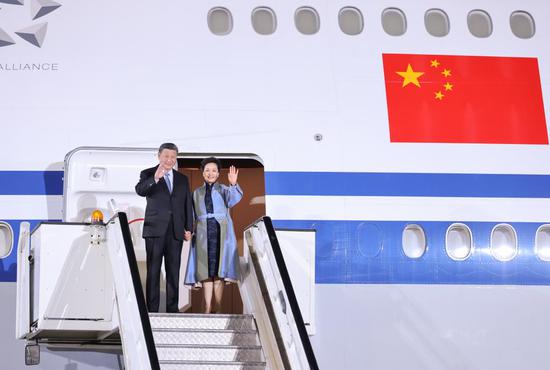
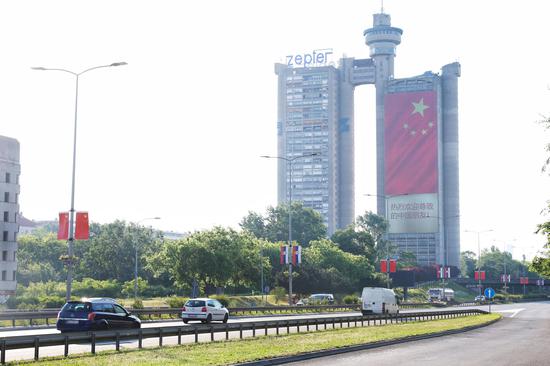

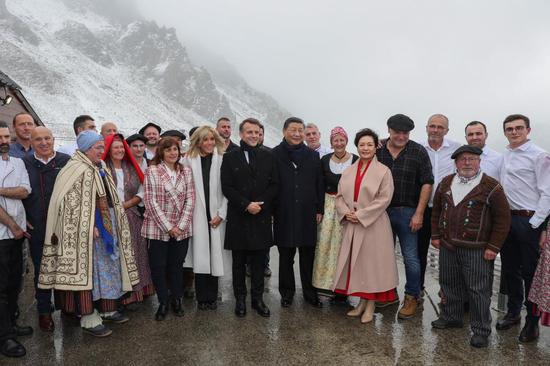

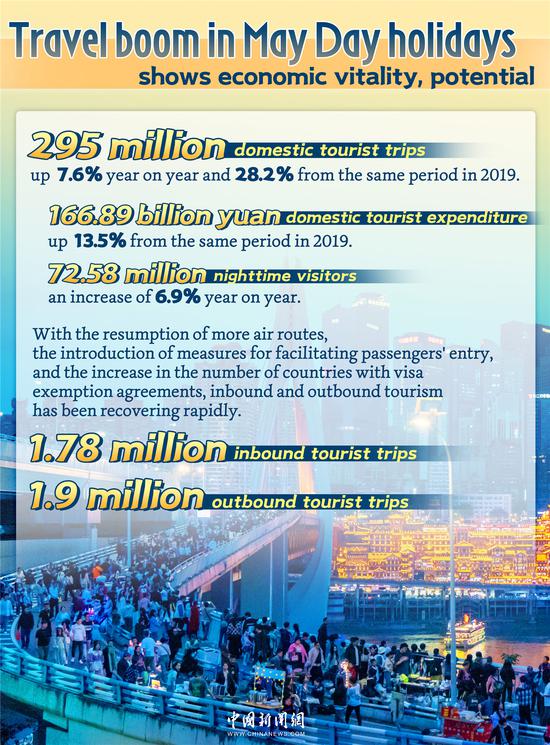
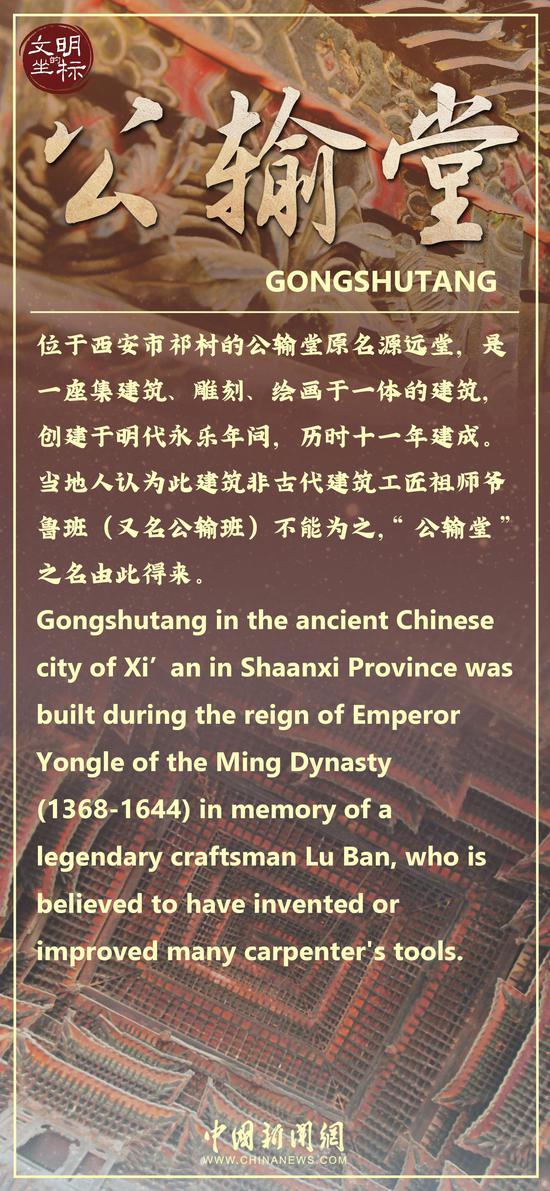
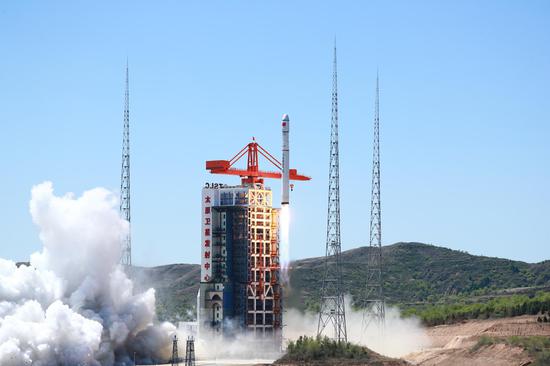
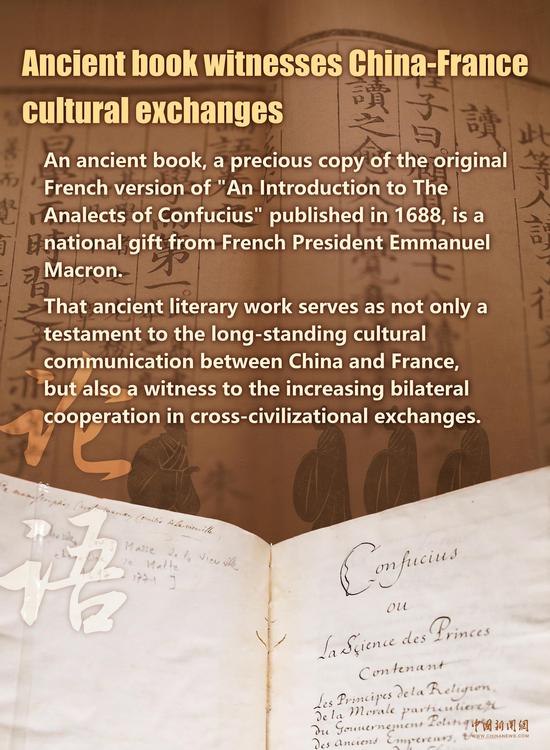
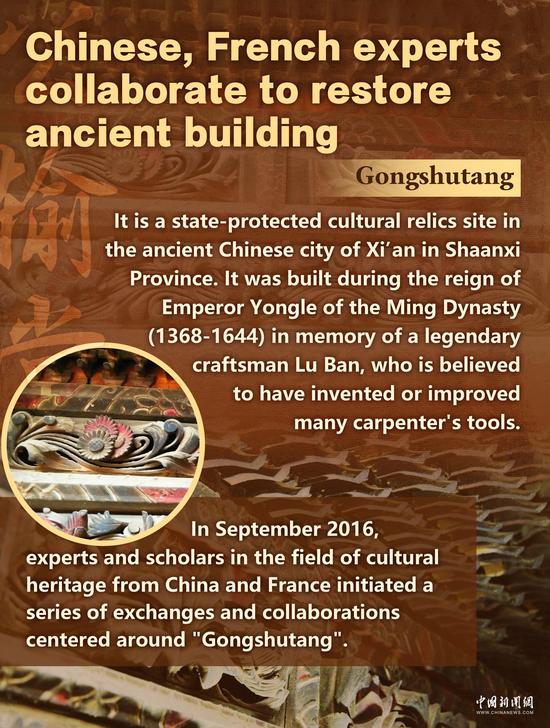
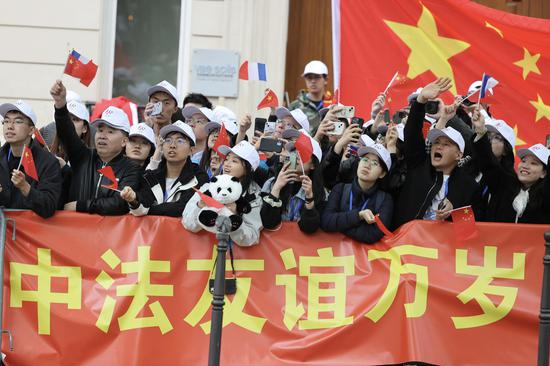
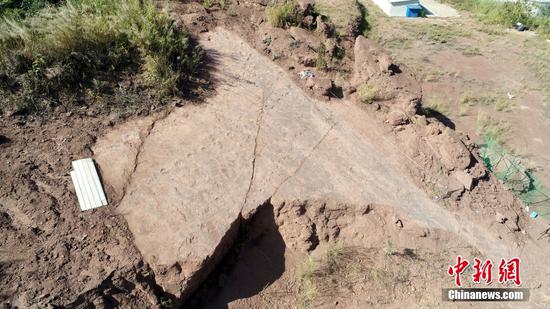

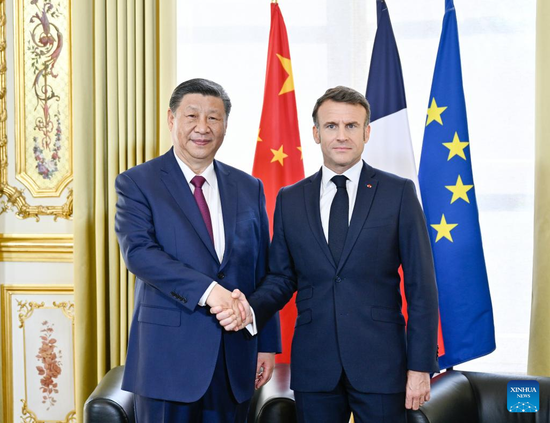
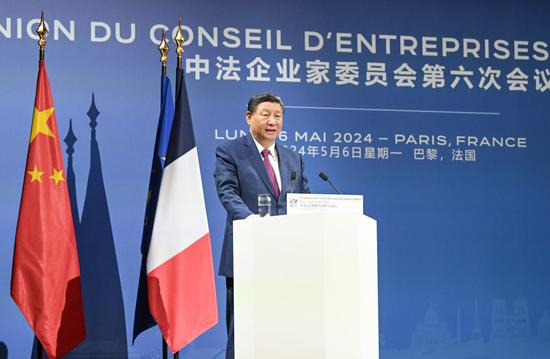
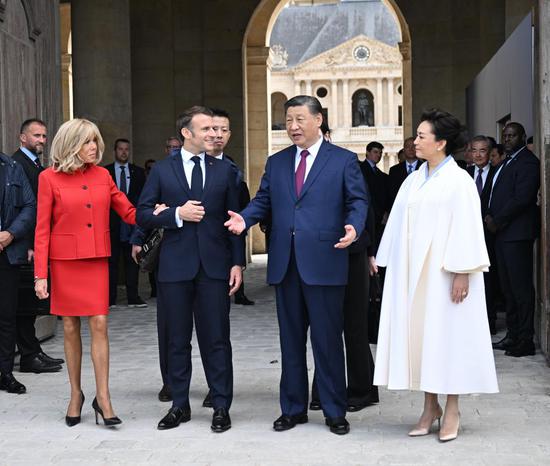
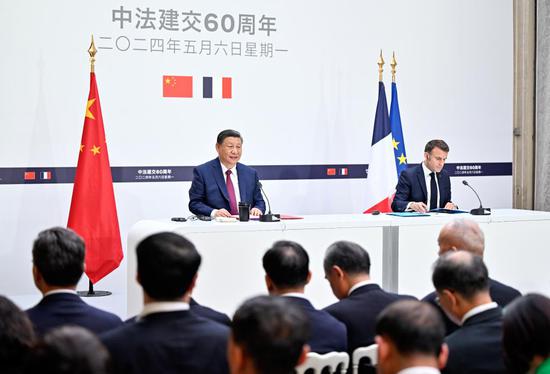
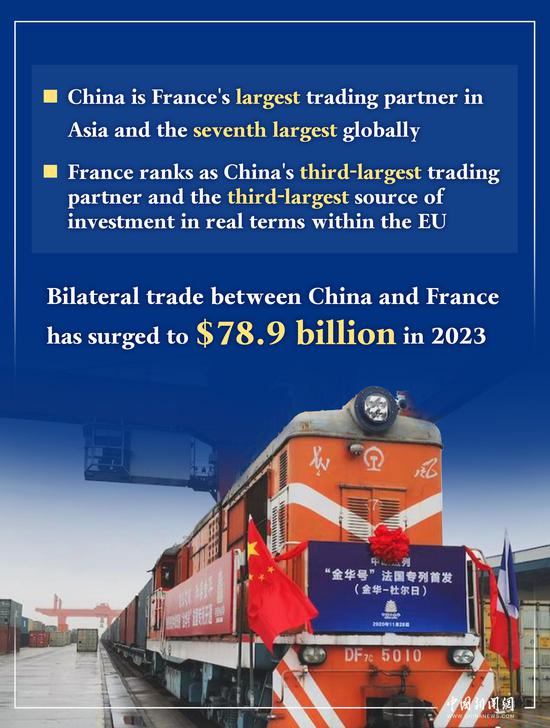
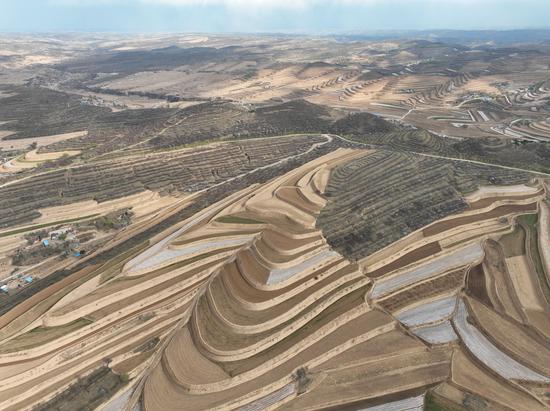

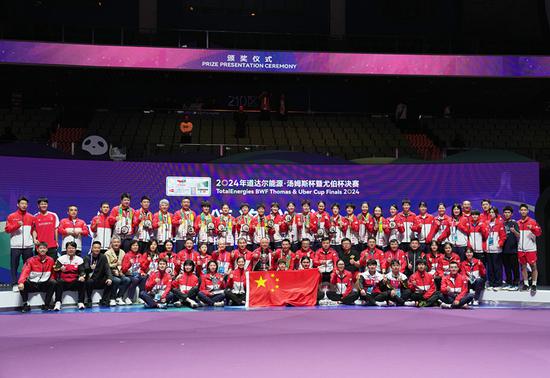
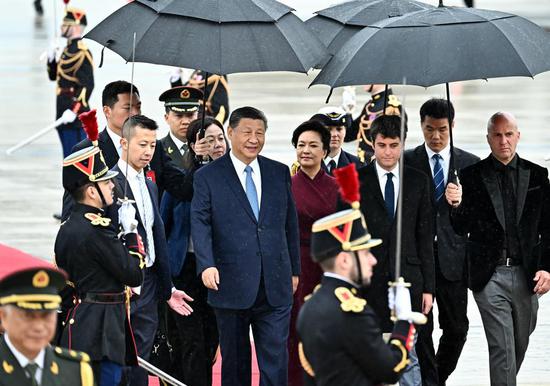
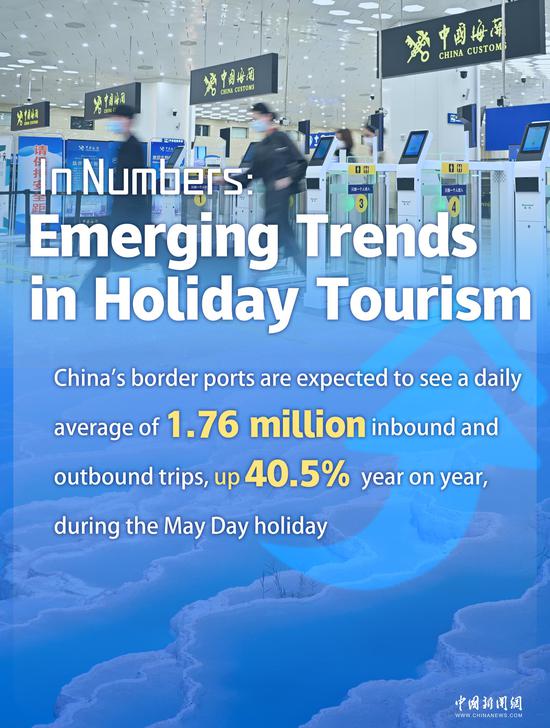
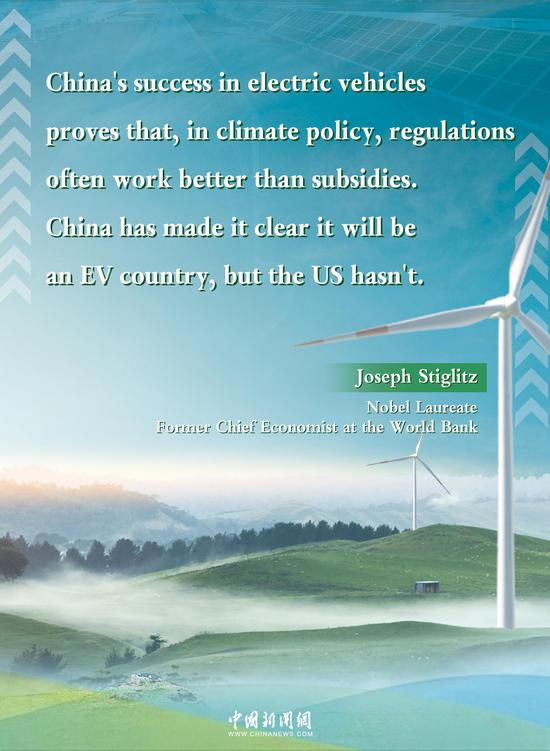

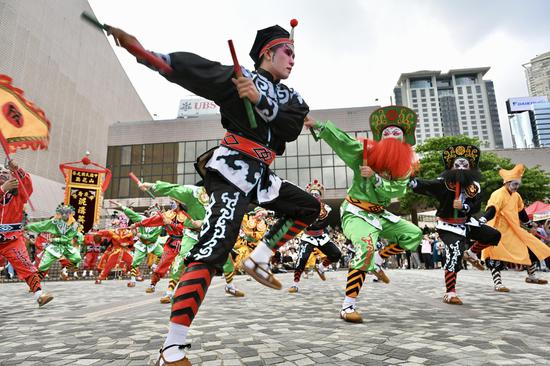

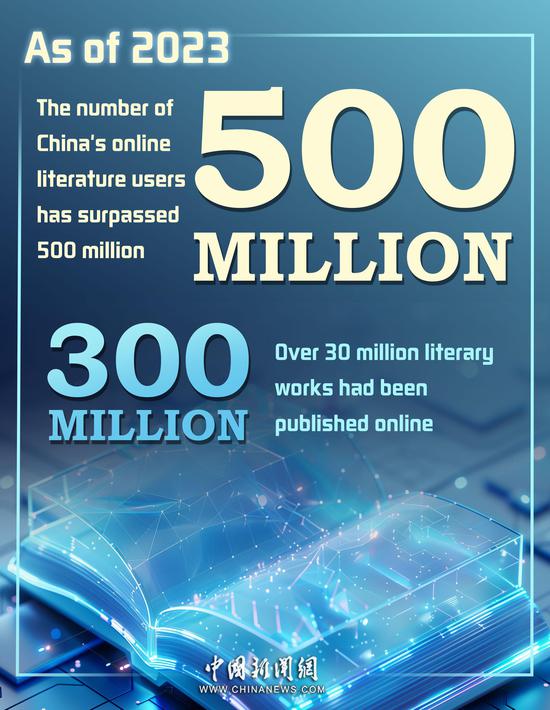

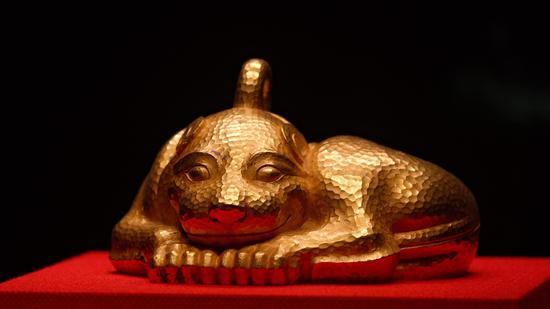



 京公网安备 11010202009201号
京公网安备 11010202009201号